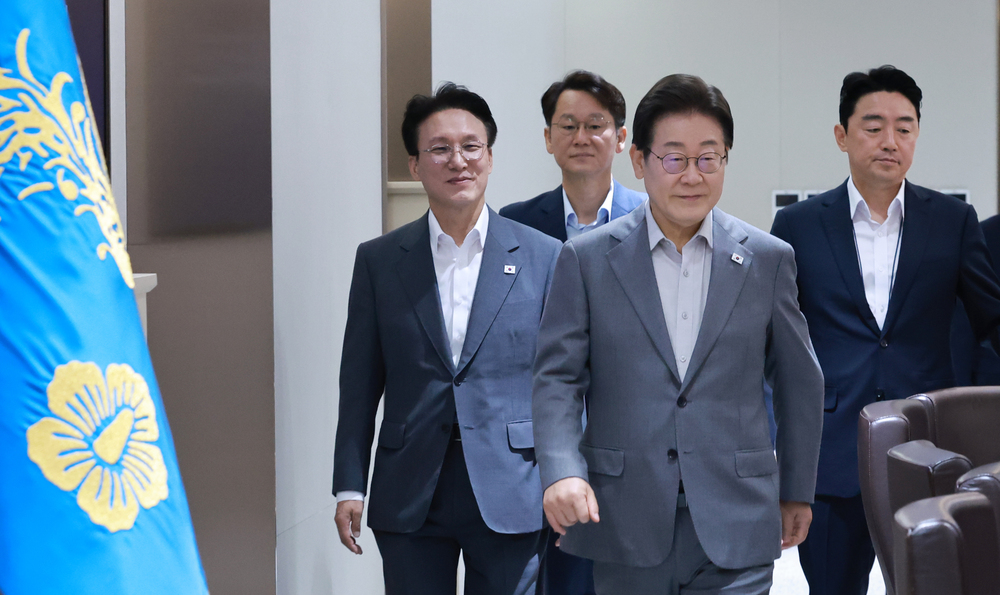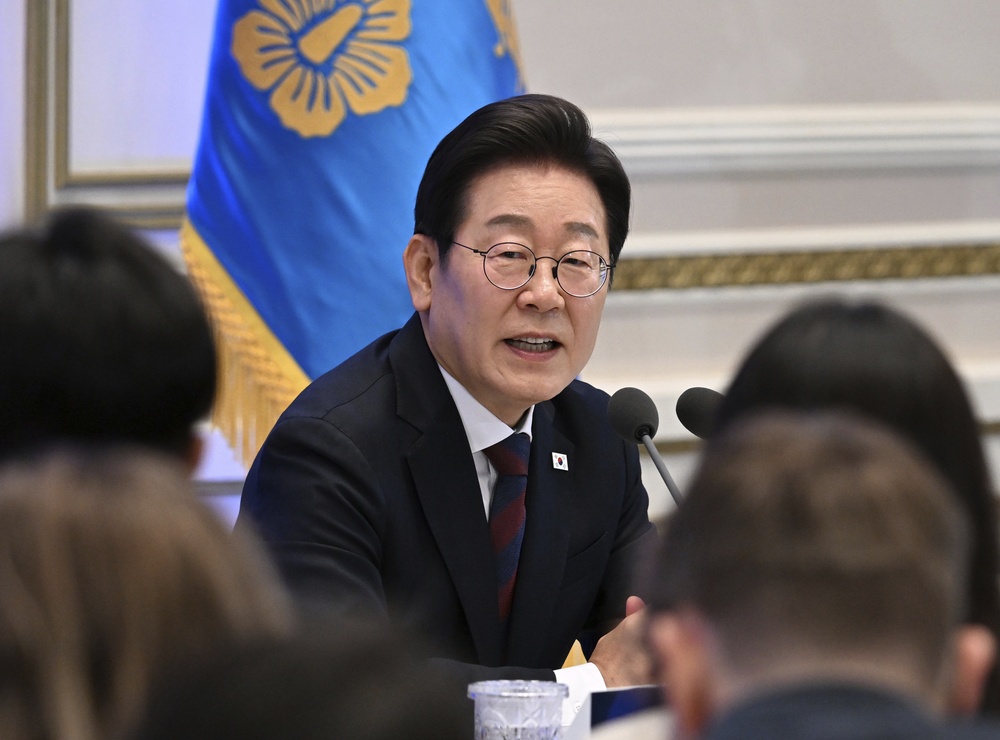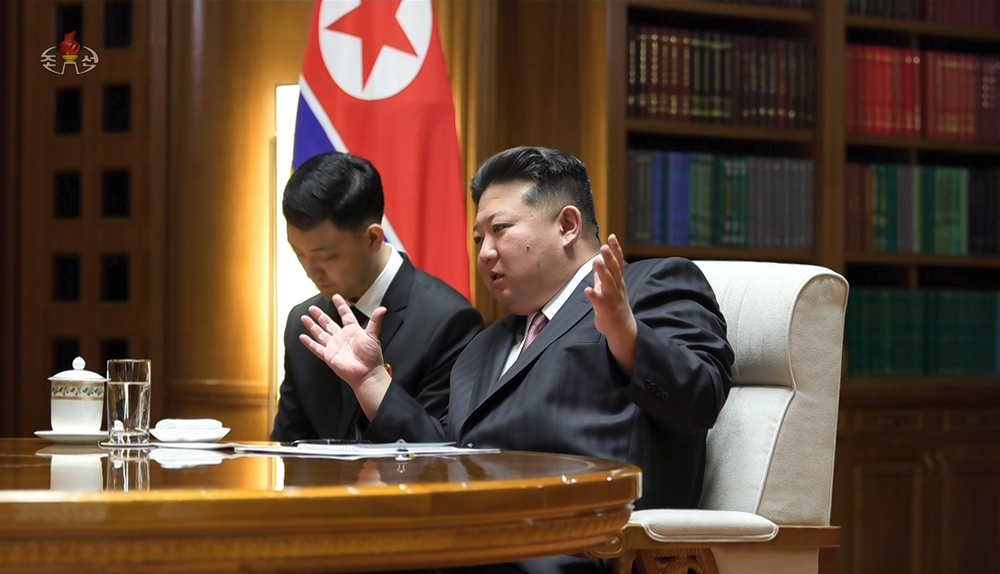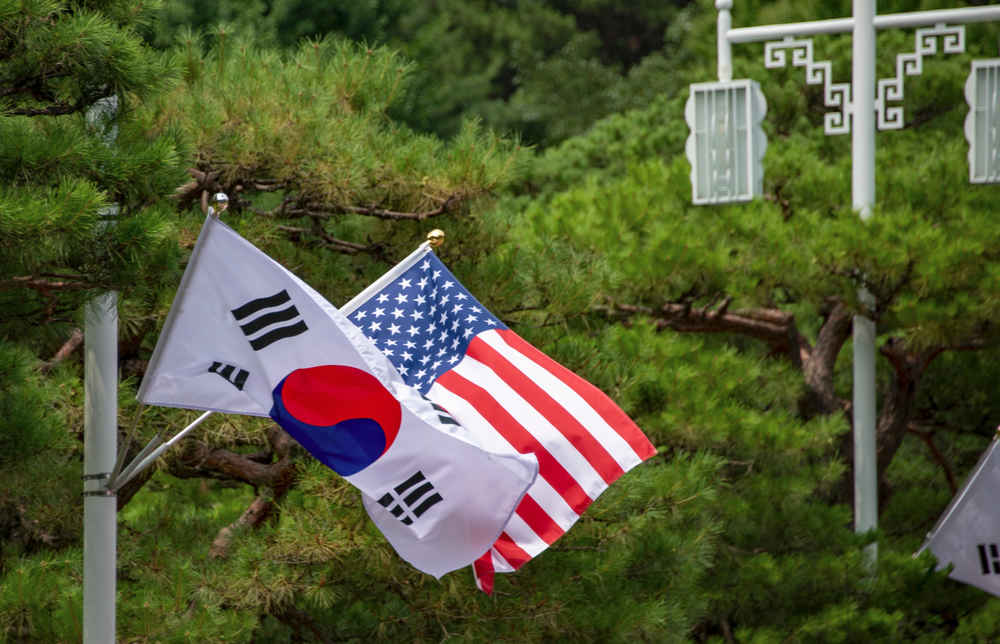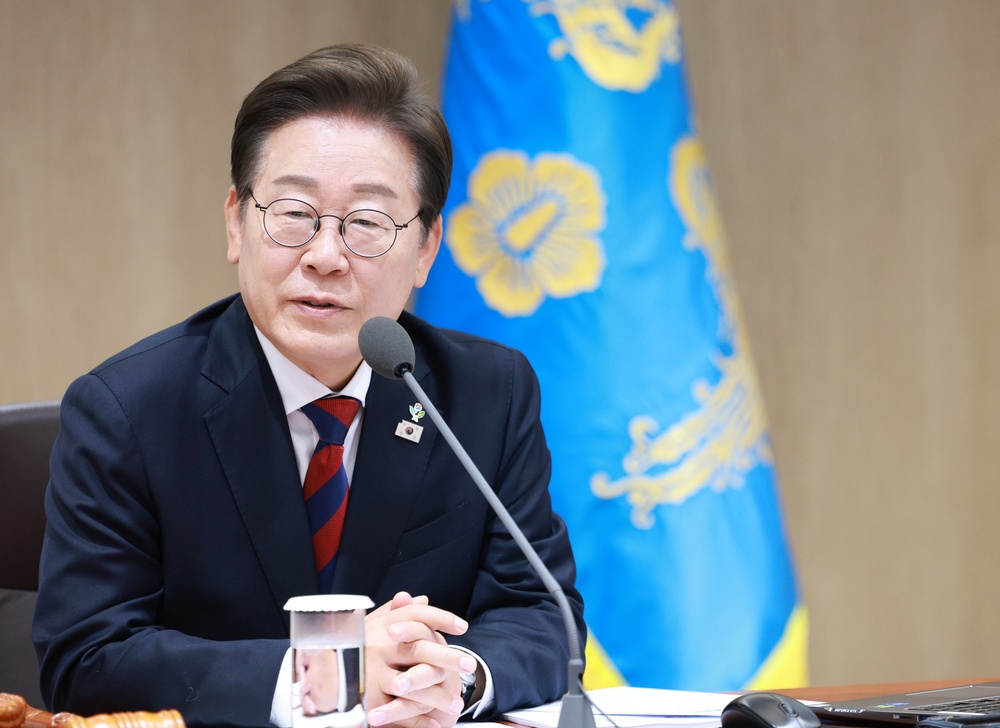
- #South Korea
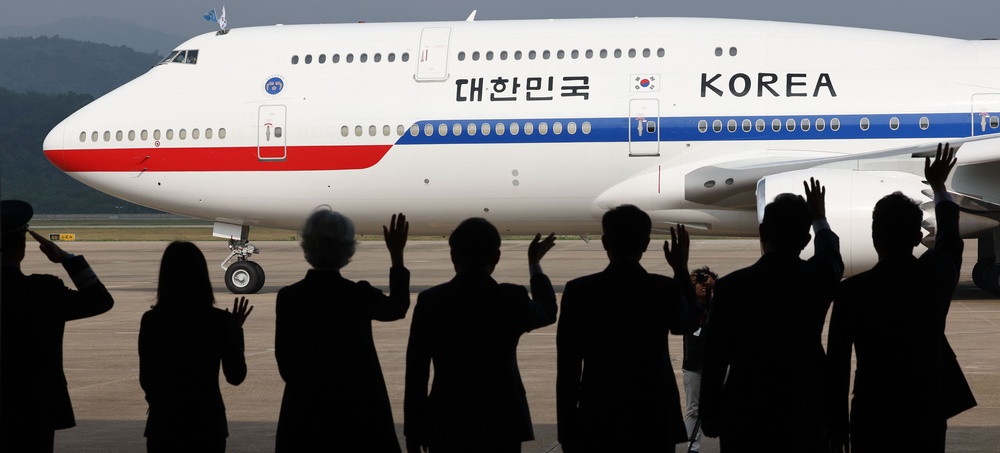
- South Korea's new global significance, marked by invitations to major summits, brings with it a broader range of international expectations and responsibilities beyond its immediate region.
- In a changing global order, South Korea is expected to pursue a pragmatic foreign policy by leveraging minilateral alliances, especially its robust relationship with the United States, to secure its national interests and amplify its influence.- Despite changes in leadership and rhetoric, South Korea's overarching foreign and security policy remains largely consistent, driven by a long-standing grand strategy and its increasingly prominent role as a global actor.
Lee Jae-myung’s victory on the June 3rd election marked
the end of six months of instability in South Korea following the
still-shocking decision by Yoon Suk-yeol to declare martial law on December 3rd of last year.
Importantly, Lee’s victory also opens the door for South Korea to resume
leader-level diplomacy, which had been interrupted following Yoon’s martial law
declaration.
And what a way for South Korea to come back: by having Lee attend
the G7 summit hosted by Canada. This way, Lee becomes the third president in a
row to represent South Korea at a G7 summit, following from Moon Jae-in’s
presence at the summit hosted by the UK in 2021 and Yoon’s attending the summit
hosted by Japan in 2023. Furthermore, there is news that Lee has also been
invited to attend the NATO summit to be held in the Netherlands later this
month. Yoon already attended the three previous NATO summits.
The invitations for South Korea to attend the G7 and NATO summits,
regardless of who is the country’s president, symbolise a structural change in
Seoul’s international position: South Korea has now made it to the ranks of
globally significant countries. Its diplomatic, economic, technological,
military and even soft power resources mean that other countries want to
partner with South Korea, and stand ready to listen to its views on global
matters.
The flip side is that the rest of the world now expects South Korea
to have a position and play a role on issues where in the past it wasn’t
expected to, from hostilities in the Middle East to Russia’s invasion of
Ukraine to China’s challenge to freedom of navigation in the South China Sea.
The idea that South Korea can focus its foreign policy on Northeast Asian
regional matters alone is an illusion—never mind circumscribing itself to the
Korean Peninsula. Whether South Korean policymakers like it or not, their
country today needs to have a global outlook because it has become a global
actor.
In this context, the Lee government has promised to pursue a
“pragmatic” foreign policy focusing on South Korea’s “national interest”. There
is nothing particularly surprising about the leader of a democracy putting the
interests of their country first. Ultimately, democratic leaders serve their
country’s people. Yet, the question is what South Korea’s national interests
are.
As the twelfth largest economy in the world, a trade and tech leader,
an increasingly relevant diplomatic actor, and an influential security and
military powerhouse, South Korea benefited from the liberal international order
in place for decades following the end of the Second World War. That order,
however, is now a thing of the past and isn’t coming back any time soon.
Neither the US nor China, today’s two superpowers, are going to uphold a system
that they think weakens them. Even the EU, the third economic superpower of the
21st century, is taking a more protectionist approach to trade and
investment.
Instead, we live in an era of superpower competition and
minilateralism. Organisations such as the G7/G7+, NATO-IP4, South
Korea-US-Japan trilateral, AUKUS or CPTPP are increasingly relevant to today’s
international relations. Crucially, these organisations allow middle powers
such as South Korea to have a voice and shape the policy of other
countries—including the US, which cannot completely ignore its allies and
partners even under an “America First” approach to foreign policy. This
explains why it makes sense for the Lee administration to continue to work
within and with the minilaterals that boost its global standing and influence.
Certainly, South Korea will need to continue to prioritise the
ROK-US alliance as the key basis of its foreign and security policy, as Lee has
repeatedly indicated in recent weeks. After all, the alliance not only benefits
South Korea directly but also indirectly by opening the door for Seoul to join
minilaterals involving the US and/or countries with a similar foreign policy
outlook to Washington’s. (At least, pre-Trump administration.)
The view that working together with the US and fellow democracies
will antagonise China and perhaps also Russia misses two crucial points. The
first is that cooperation with these countries provides South Korea with yet
another bargaining chip in its dealing with China. Would Beijing feel more
comfortable with a Seoul isolated from Washington, Tokyo, the G7 or NATO or
with a Seoul working together with these and other partner and institutions?
The answer to this question should be clear. South Korea is stronger by working
together with countries with a similar worldview. This doesn’t mean isolating
China. Diplomacy and dialogue with Beijing are crucial. But South Korea should
approach this relationship from a position of as much strength as possible.
The second crucial point is that Beijing will find a reason to be
displeased with Seoul no matter what South Korean leaders do. Under Xi Jinping,
this was the case with Park Geun-hye and her decision to allow the deployment
of the THAAD anti-missile system, Moon and his decision to criticise Beijing’s
response to the COVID-19 pandemic and Yoon and his decision to attend the NATO
summits. This is another reason why Lee should put South Korea’s national
interest over China’s possible reactions when implementing policy.
Considering the above, it seems clear that Lee will pursue a foreign
policy that doesn’t differ much from that of his predecessors. As I have argued
elsewhere, this is unsurprising. South Korea has a well-defined grand strategy
dating back to its democratic transition of 1987. Certainly, each new president
brings in a new rhetoric. But South Korean actions tend to remain fairly
constant across administrations. And as South Korea becomes a more prominent
global actor, its room to make sudden changes to its foreign and security
policy is more constrained than when the country was weaker. Lee’s attendance
of the G7 summit thus symbolises both that Seoul has arrived and that there is
an expectation that it will behave in a certain way. Overall, this is positive
for South Korea.

Ramon Pacheco Pardo is Professor of International Relations at King's College London and the KF-VUB Korea Chair at the Brussels School of Governance. He is also King's Regional Envoy for East and South East Asia. An expert on Korean affairs, his extensive publications include Korea: A New History of South & North and Shrimp to Whale: South Korea from the Forgotten War to K-Pop. Prof. Pacheco Pardo regularly consults for NATO, the OECD, and various governments, and is a frequent media commentator.
